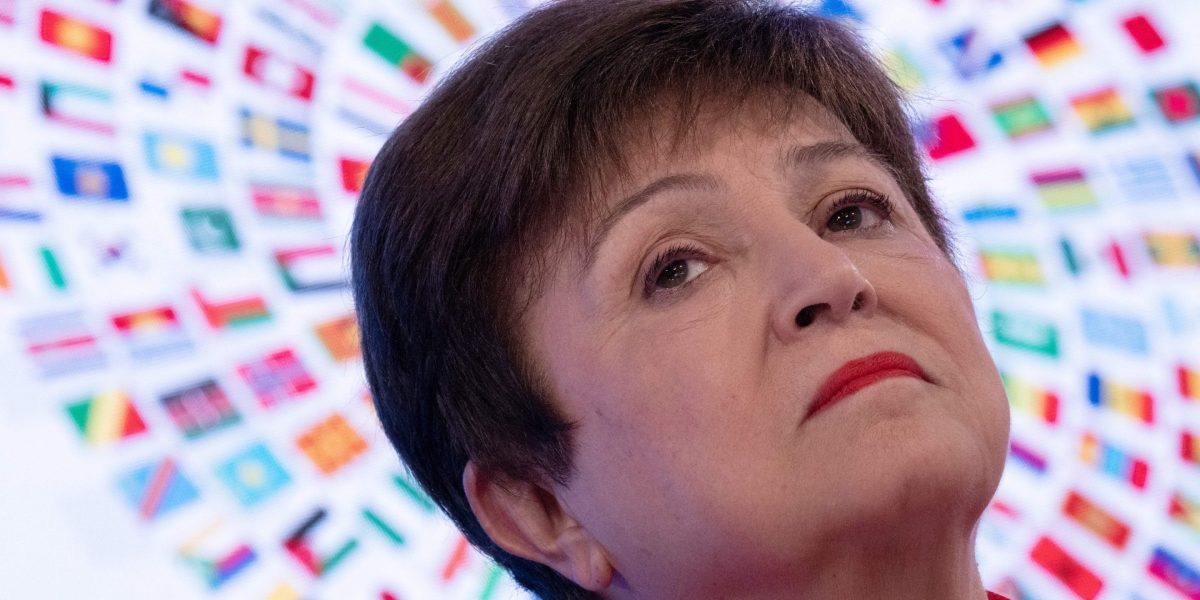Russia’s economy is expected to outpace the economy of every G7 country next year. Why the West’s sanctions have been almost useless
The ruble is steady, inflation in check and the Russian economy is doing just fine. Sanctions have a poor track record, and the past year hasn’t changed that.
By David Olive
Sat., Feb. 11, 2023
As Russia’s
invasion of Ukraine nears its first anniversary, the economic isolation of Russia by Canada and its partners in a Western alliance to halt the war have little to show for that effort.
Direct financial and military assistance to Ukraine has helped Ukraine considerably against a determined enemy.
But if the goal of the most ambitious economic sanctions regime in modern history was to end the conflict by defunding Vladimir Putin’s war machine, the mission obviously has failed.
Indeed, the Western alliance has proved that armed conflict cannot be brought to an end with economic weapons alone.
Remarkably, the Russian economy is expected to
grow faster this year than the economies of alliance partners Germany and the U.K.
That recent forecast, by the International Monetary Fund (IMF), also predicts that Russian economic growth will outpace that of all G-7 economies next year. The IMF forecasts GDP growth in 2024 of 2.1 per cent for Russia, 1.5 per cent for Canada, and 1.0 per cent for the U.S.
How is that possible, when the external pain inflicted on Russia’s economy has no modern precedent in its scope, speed and coordination?
Putin, who wasn’t expecting such comprehensive sanctions, has called them “economic blitzkrieg.”
Within days of Russia’s invasion of Ukraine on Feb. 24 of last year, Russia’s assets abroad were frozen. Its financial system was severed from the world. Many of its exports were banned, and its imports of essential goods were cut off.
More than 1,000 international companies withdrew from Russia, taking their capital investment and technology with them.
Last March, soon after Russia’s initial invasion of Ukraine, Janet Yellen, the U.S. treasury secretary, was confident that “the Russian economy will be devastated.”
But the sanctions regime has failed in its goal of hastening the end of the war.
Instead, Ukraine is bracing for a renewed Russian military assault, a spring offensive unlikely to be as hobbled by strategic errors as Russia’s earlier offensives.
And the economic pummeling of Russia has not brought the country’s economy to its knees. In December, 10 months into the Western sanctions regime, a
U.S. government report acknowledged that the sanctions “have not delivered the economic ‘knock out’ that many predicted.”
That might be an understatement.
Russia’s central bank has minimized hardship for Russian civilians that might have weakened domestic support for the war on Ukraine.
The bank has kept inflation under control and has actually increased the domestic value of the ruble to pre-war levels. The current exchange rate is about 60 rubles to the U.S. dollar, up from about 75 before the war.
Russia has found alternative markets for its exports. Each of Brazil, China, India, and Turkey have increased their Russian imports by at least 50 per cent in the past year.
True, Russia is selling its oil at discounted prices. But that oil continues to generate cash flow to fund Russia’s war in Ukraine, as do continued exports of Russian natural gas, nickel, aluminum, and titanium.
The alliance has not sanctioned Russian agricultural exports, a mainstay of the economy, on grounds of global food insecurity.
As to critical imports, Russia is buying industrial parts from China, Turkey, and Belarus, among others. And its war machine is obtaining artillery pieces from North Korea and drones from Iran.
Finally, Russia has increased its defense spending by 43 per cent from 2021 levels. It is expected to spend more than $84 billion on defense this year , bulking up its domestic wartime economy.
Heightened activity in Russia’s military-industrial complex accounts for a large portion of the country’s outwardly impressive GDP growth.
There is an emerging if unspoken consensus in the Western alliance that the only way to stop this war is by conventional military means. That helps explain the alliance’s recent increase in weapons shipments to Ukraine.
To be sure, Russia’s current economic model leads to prolonged domestic misery. A lengthy war in Ukraine will eventually require cuts in education and healthcare budgets, which have already been frozen.
The ruble is worthless outside of Russia. Strict capital controls to keep money inside the country stymie domestic industry and discourage foreign investment.
Many Russian factories have closed for lack of parts and especially the semiconductors that power the Information Age.
A report by the European Union Institute for Security Studies acknowledges the “delayed effect” of sanctions. But it asserts that “Sanctions will permanently impair Russia’s economic and technological potential and lead to a long-lasting decline in living standards among the population.”
But that assessment provides no comfort to Ukrainians whose lives are in peril now.
As long as war kills large numbers of people quickly, the delayed impact of economically isolating a belligerent will not stop death and destruction.
Economic sanctions have a poor track record. And the past year has not changed that.
For all our modernity, the conflict in Ukraine is a reminder that wars still end only with military force, diplomacy, and prayers.
The ruble is steady, inflation in check and the Russian economy is doing just fine. Sanctions have a poor track record, writes David Olive, and the past year hasn’t changed that.

www.thestar.com









